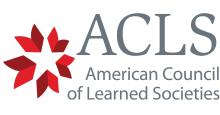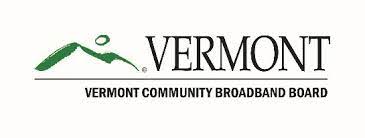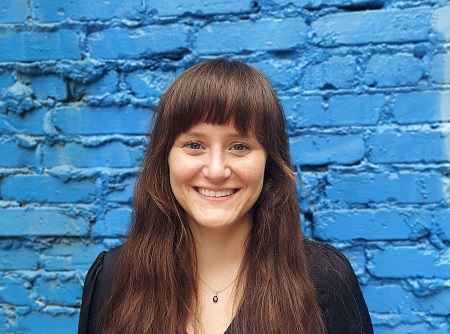Opportunity: Apply to Be a Leading Edge Fellow to Advance Social Justice
The doldrums of winter are upon us, which means that to counter the cold nights and grey skies we get another round of the American Council of Learned Society's Leading Edge Fellowship program.
Since 2019, ACLS has run the program to place those who have recently earned their PhD in a humanities field (sociology, literature, political science, geography, history, and many others, broadly defined) in a two-year role with a social justice-focused organization to contribute their expertise and offer exposure to the nonprofit world. The Institute for Local Self-Reliance has hosted three ACLS fellows (including current Tribal Broadband Policy Analyst Dr. Jessica Auer), and all have been wonderful, mutually beneficial experiences.

12 fellows will be chosen in 2025 and placed among a collection of organizations, including the North Carolina Justice Center, Sojourner House, the Coalition for the Homeless, The Afiya Center, the Amica Center for Immigrant Rights, and many others. Each appointment includes:










